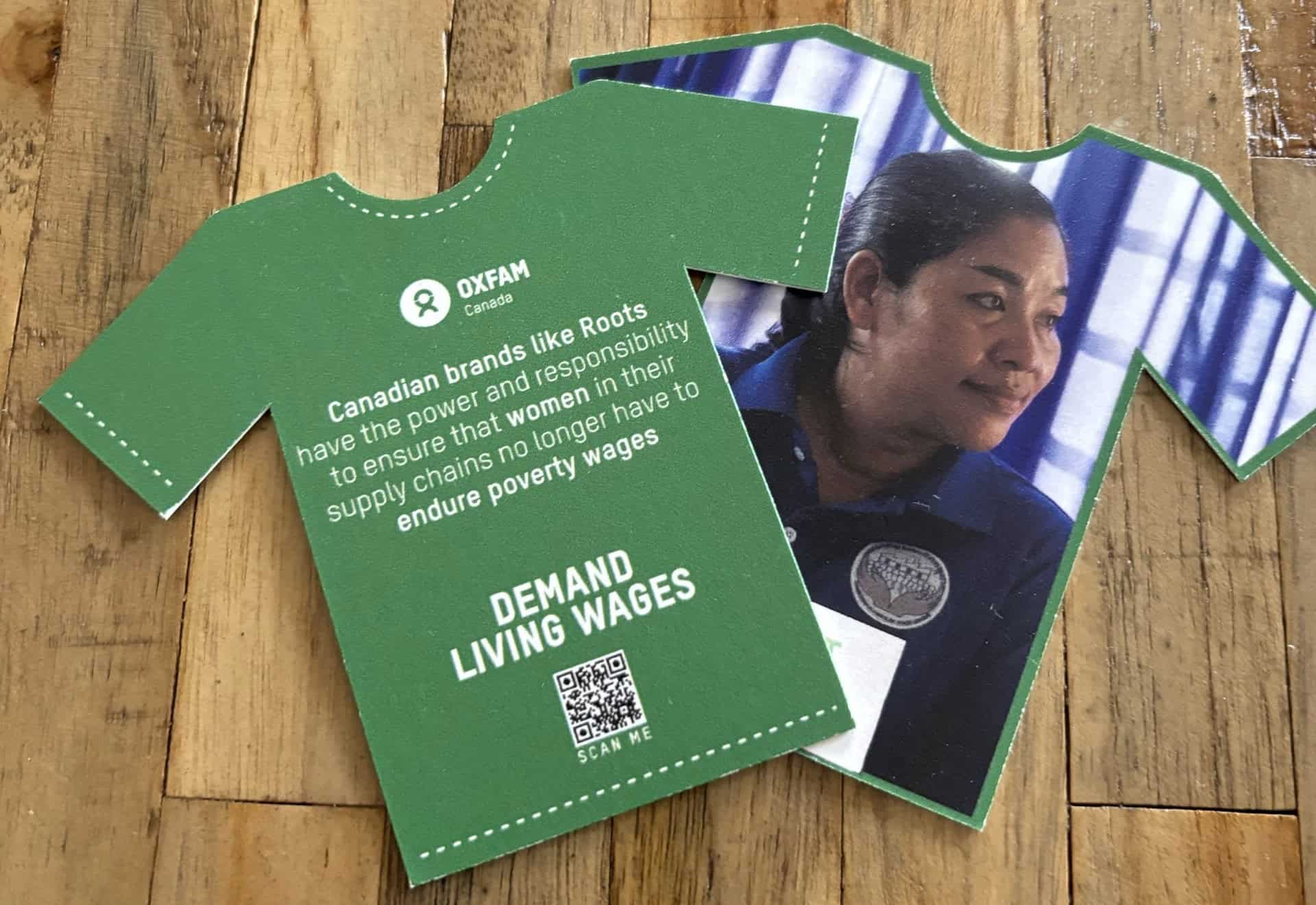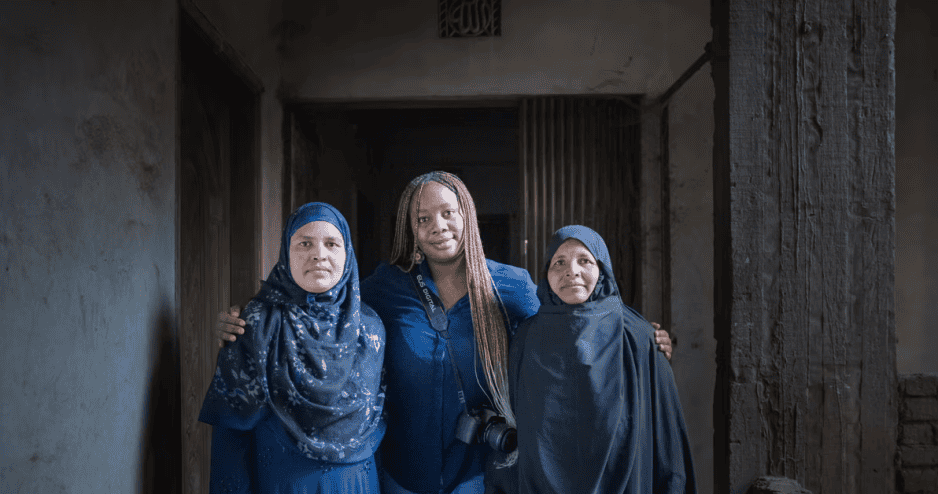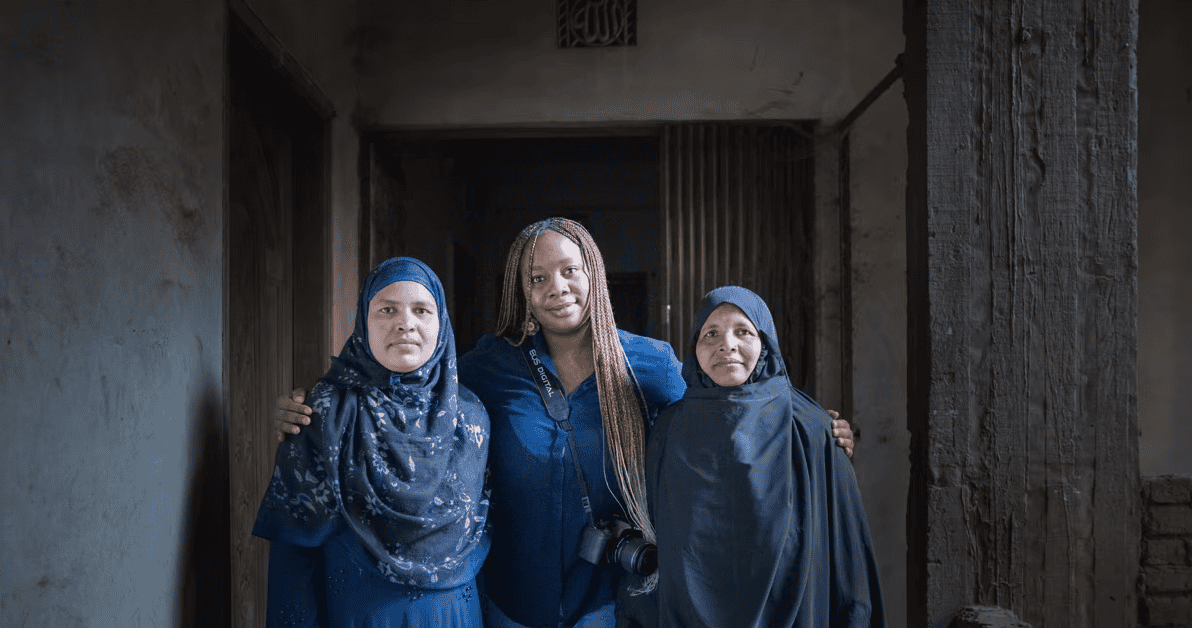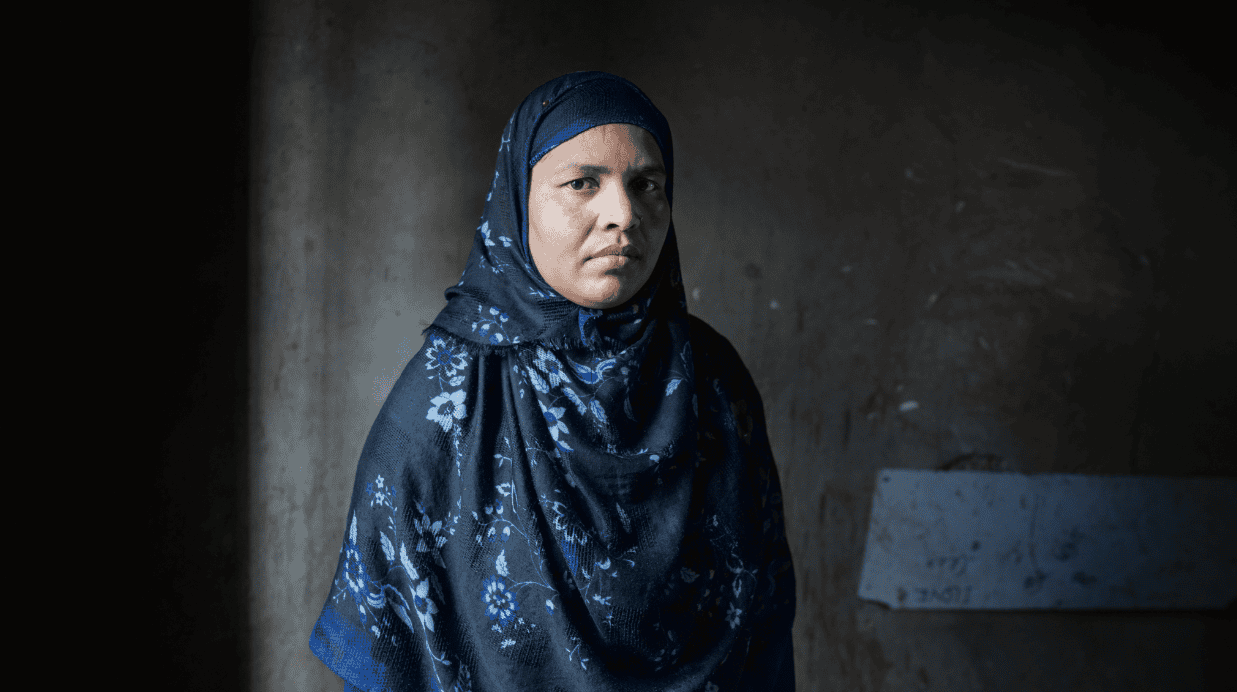Roots Canada has been a beloved household name for decades, representing the quintessential Canadian experience: cozy sweats, laid-back swag, and the great outdoors. From weekend cottage trips to bustling city streets, those iconic beaver-branded sweats have become a wardrobe staple for many. And who could blame us? Roots is synonymous with comfort and community, often praised for its deep-rooted values and commitment to quality. But as with many brands, there’s more beneath the surface than what meets the eye, or touches the skin.
Behind the vibes and comfort, Roots harbors a far less cozy truth. Despite a long-standing reputation of caring for community and quality threads, the reality for the workers making those beloved pieces isn’t so picture perfect. While the brand boasts an impressive global network of over 100 third-party suppliers from North America to Asia and beyond, what’s missing from their cozy image is any real detail about the conditions in which their garments are made.
To put it bluntly, Roots is keeping us all in the dark about where they are sourcing their clothes, at a time when the disclosure of supply chains is common practice in the industry. The only details we have is a map of the continents it is sourcing from when transparency standards ask for addresses of factories and make up of workers. It is this lack of transparency that enables poor working conditions, including poverty wages.
So consider this: Roots CEO Meghan Roach earns a whopping $276 per hour. A Cambodian garment worker needs to work over 17 years in abysmal conditions to earn what the Roots CEO makes in just a single month. That’s right. Seventeen years.
This stark disparity is more than just a depressing statistic, it’s a rallying cry for change. And that’s where Oxfam Canada’s What She Makes campaign comes in. Roots, a brand that prides itself on Canadian values, has a responsibility to live up to those values, not just at home but across the world, starting with the women in its supply chain.
Demanding a Living Wage
At the heart of this issue is the need for Roots to commit to paying a living wage to the women who make their clothes. The company’s current vendor code of conduct mandates payment of minimum wage, which, as we’ve seen, can be as low as $1.49 per hour for some workers. Minimum wage and living wage are worlds apart in most countries, especially those where global fashion brands source from. We’re calling on Roots to publicly commit to paying a living wage to all of its garment workers. A living wage would mean these women could afford the basics: food, housing, healthcare, and education for their children. Not a luxury lifestyle – just the ability to live with dignity.
Bringing Transparency to Fashion Supply Chains
Beyond wages, there’s the issue of transparency. Or in Roots case, the glaring lack of it. Transparency in supply chains is vital. Without it, human rights defenders, advocates, and even everyday consumers like you and me are left in the dark, unable to verify the claims that companies make about ethical practices. Transparency isn’t just a nice-to-have; it’s a crucial step in holding companies accountable. We’re urging Roots to publicly disclose the detailed locations of their suppliers and not just the countries, but the specific factories. By doing this, Roots can help ensure that the workers who make their clothes are treated fairly and paid properly.
An Iconic 🍁Canadian Brand with an Opportunity to Lead
Roots Canada has long been an iconic brand that’s deeply woven into the fabric of Canadian identity. They’ve led the way in defining comfort and style for over half a century. But now, they have the opportunity to lead in a more meaningful way: by taking a stand for the people who make the clothes we love. Roots could set a new standard for transparency and ethical treatment in the fashion industry, leading by example and showing the world that Canadian values don’t stop at the border.




